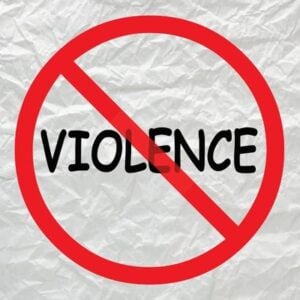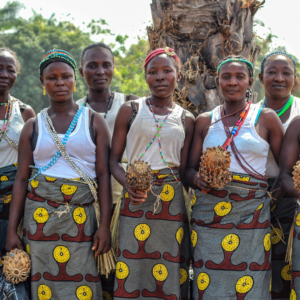A new UN Women report titled At Risk and Underfunded warns that widespread funding cuts are threatening the survival of women’s rights organizations that play a vital role in ending violence against women and girls. Based on a global survey of 428 women’s rights and civil society organizations, the report reveals that government aid reductions are dismantling essential support systems, leaving more women vulnerable to violence while silencing advocacy efforts.
The findings show that 34 percent of organizations have suspended or shut down programmes aimed at ending violence against women and girls, while over 40 percent have scaled back or closed life-saving services such as shelters, legal aid, psychosocial care, and healthcare support. As a result, 78 percent reported reduced access to essential services for survivors, and 59 percent noted a rise in impunity and normalization of violence. Nearly one in four organizations also had to halt prevention initiatives designed to stop violence before it occurs.
Kalliopi Mingeirou, Chief of the Ending Violence Against Women and Girls section at UN Women, emphasized that women’s rights organizations are “the backbone of progress” in combating gender-based violence, warning that cuts threaten to erase decades of hard-won progress. She called on governments and donors to protect and expand funding, stressing that without sustained investment, violence against women and girls will continue to rise.
Globally, violence against women remains one of the most pervasive human rights violations, affecting an estimated 736 million women—nearly one in three—most often at the hands of intimate partners. Earlier this year, UN Women highlighted that many women-led organizations in crisis settings faced severe funding shortages, with nearly half at risk of closure—an alarming trend now reinforced by the new report’s findings.
The report further reveals that only five percent of organizations believe they can sustain operations for more than two years, while 85 percent foresee setbacks in laws and protections for women and girls. Additionally, 57 percent express growing concern over increased risks faced by women human rights defenders. The funding crisis is unfolding amid a broader backlash against women’s rights in one in four countries, forcing many organizations to prioritize basic services over long-term advocacy work.
Released as the world marks the 30th anniversary of the Beijing Declaration and Platform for Action—a landmark global commitment to gender equality—the report underscores that the goal of ending violence against women remains at the heart of global gender justice efforts. However, without urgent financial support, the hard-fought progress of the past three decades could be at risk.






